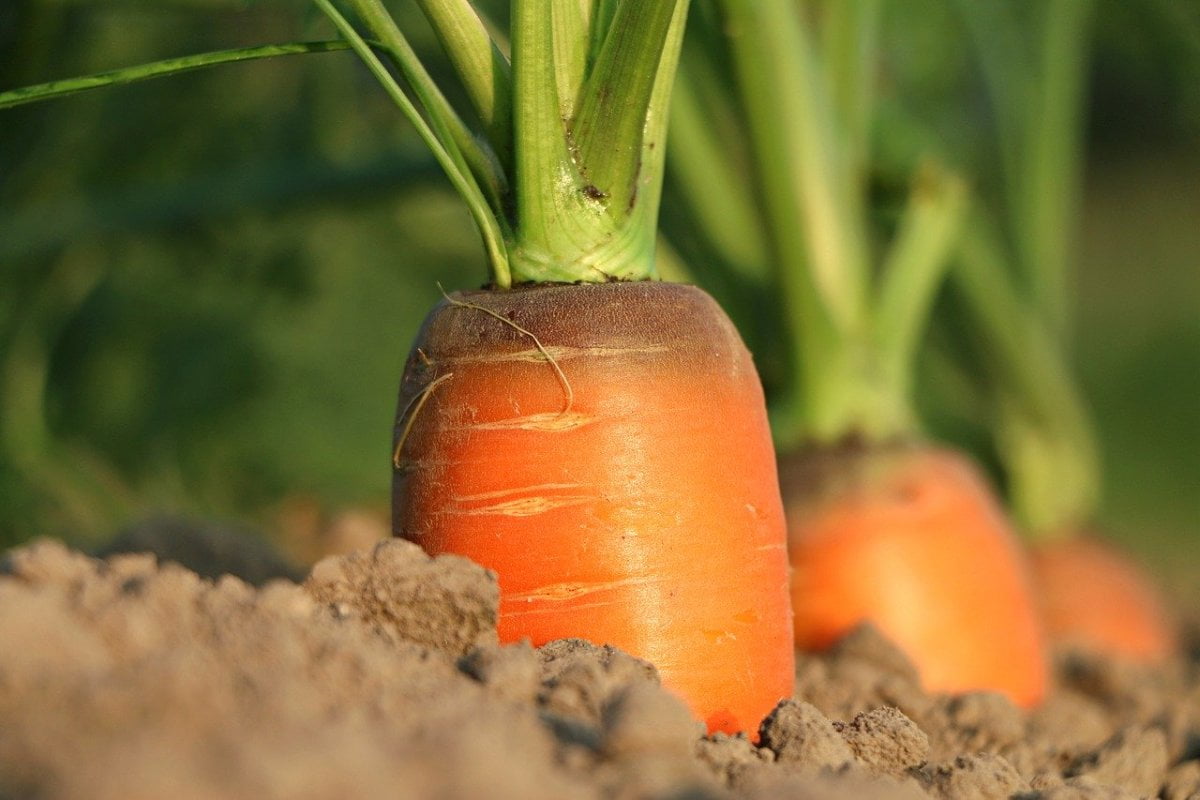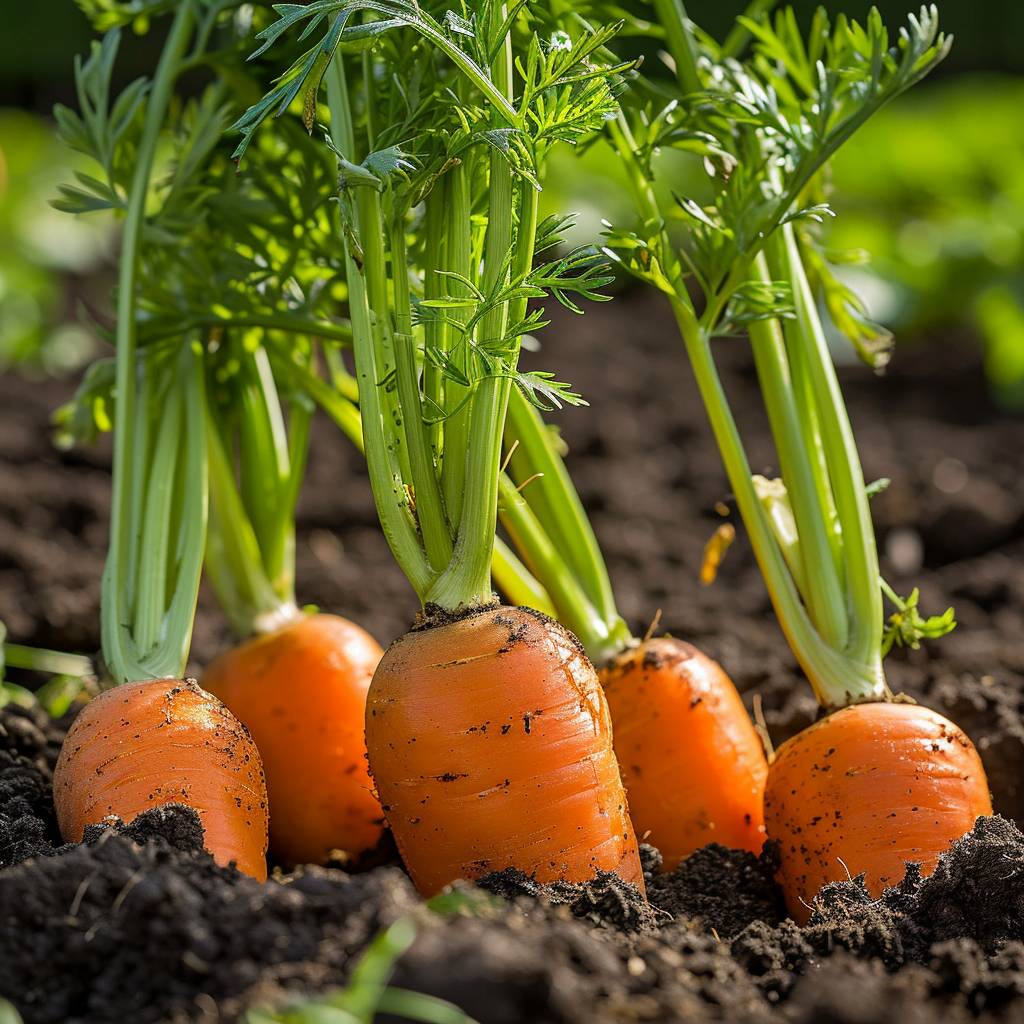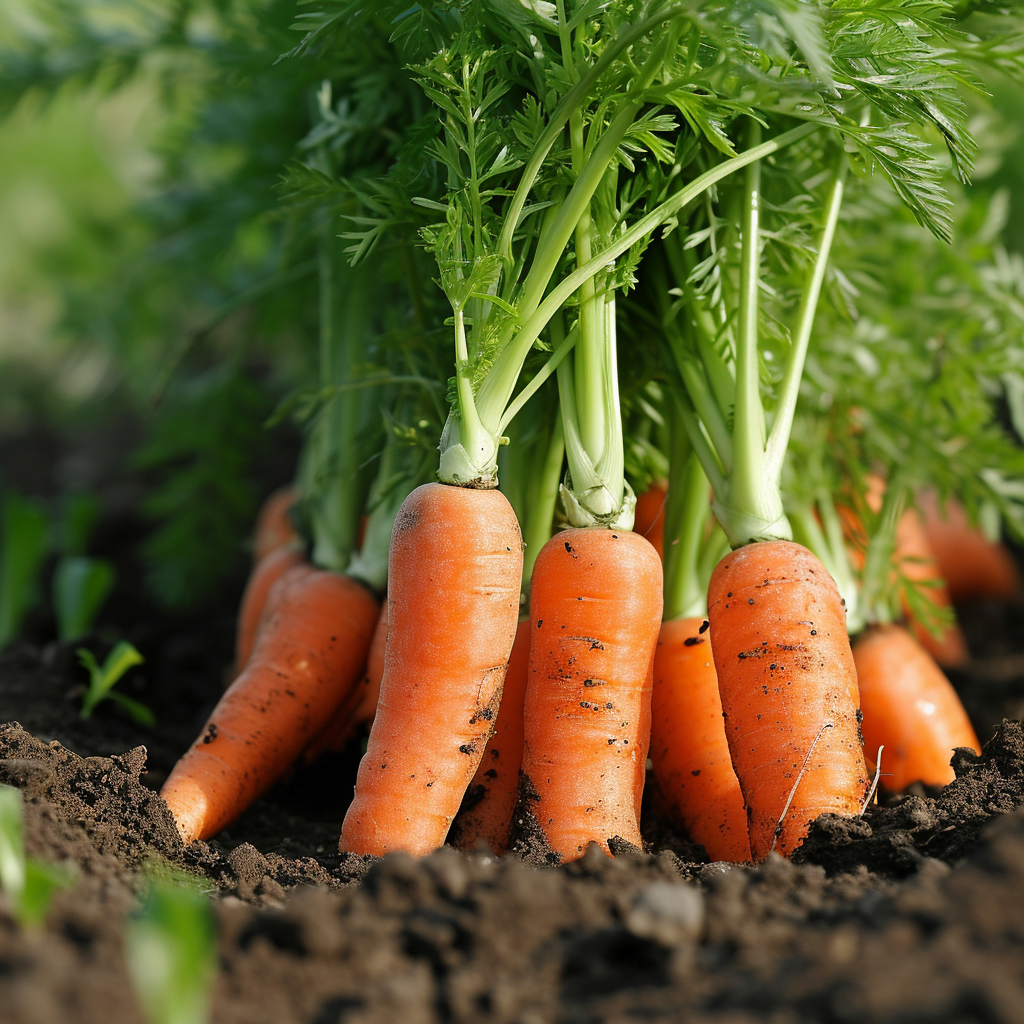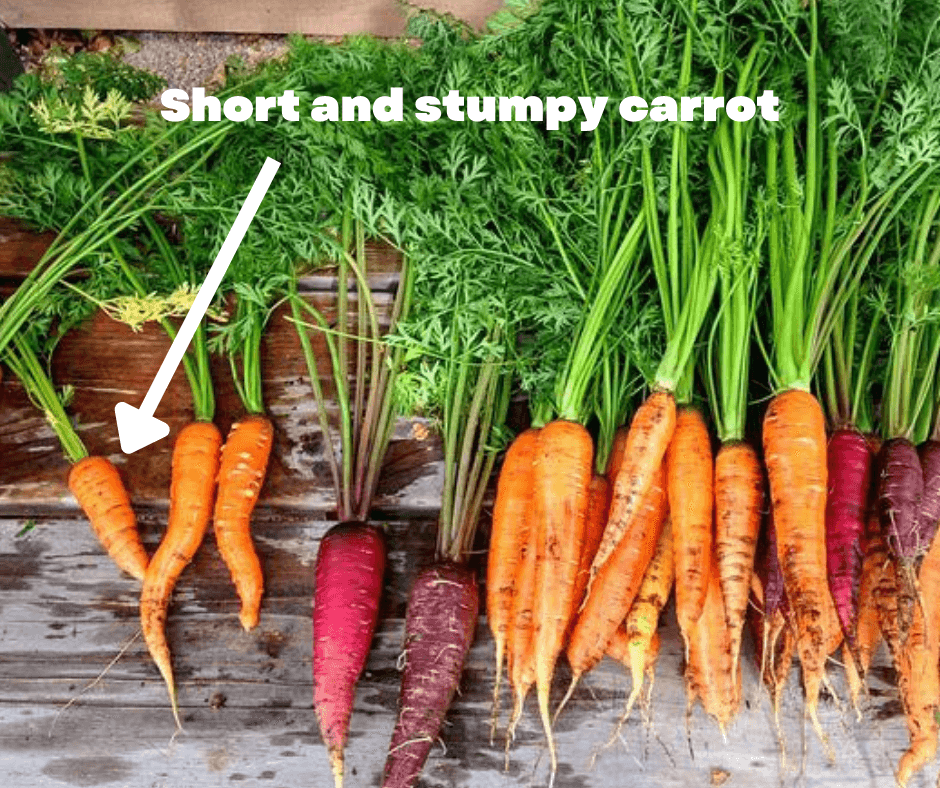So you’ve always wanted to grow your own carrots in Florida, but you’re not quite sure where to start. Well, fret no more! In this article, we’ll provide you with some essential tips and tricks for successfully growing carrots in the Sunshine State. From choosing the right variety to managing the unique challenges of Florida’s climate, we’ve got you covered. So grab your gardening gloves and get ready to cultivate your very own homegrown carrots in Florida! Here are some usefull Tips for Growing Carrots in Florida
Choosing the Right Variety
When it comes to growing carrots in Florida, selecting the right variety is crucial. Consider the heat tolerance of the carrot variety you choose. Florida’s warm and humid climate can pose a challenge for carrots, so opt for heat-tolerant varieties that can withstand the high temperatures. Look for varieties that are specifically bred for warm climates to ensure successful growth.
Quick-maturing varieties are also ideal for carrot cultivation in Florida. These varieties have a shorter growing season, allowing you to harvest your carrots sooner. With the hot and often unpredictable weather in Florida, it’s important to choose varieties that mature quickly to avoid potential heat damage.
Another factor to consider when choosing carrot varieties is disease resistance. Select varieties that are known to be resistant to common diseases in your area. This will help protect your crop and reduce the risk of disease-related issues. Take the time to research and choose disease-resistant varieties that are suitable for your specific region in Florida.
Preparing the Soil
Preparing the soil is a crucial step in successfully growing carrots in Florida. Start by testing your soil to determine its nutrient levels and pH balance. This will help you understand what amendments are needed to optimize your soil for carrot cultivation.
Amending your soil with organic matter is highly recommended. Incorporating compost or well-rotted manure into the soil will improve its structure, fertility, and ability to retain moisture. The organic matter will also enhance the soil’s nutrient content, providing a healthy environment for your carrot plants to thrive.
In Florida, the soil’s drainage is also an important factor to consider. Carrots prefer loose, well-draining soil. If your soil has poor drainage, take steps to improve it by adding perlite or sand to the soil. Ensuring good drainage will prevent waterlogging and reduce the chance of root rot.
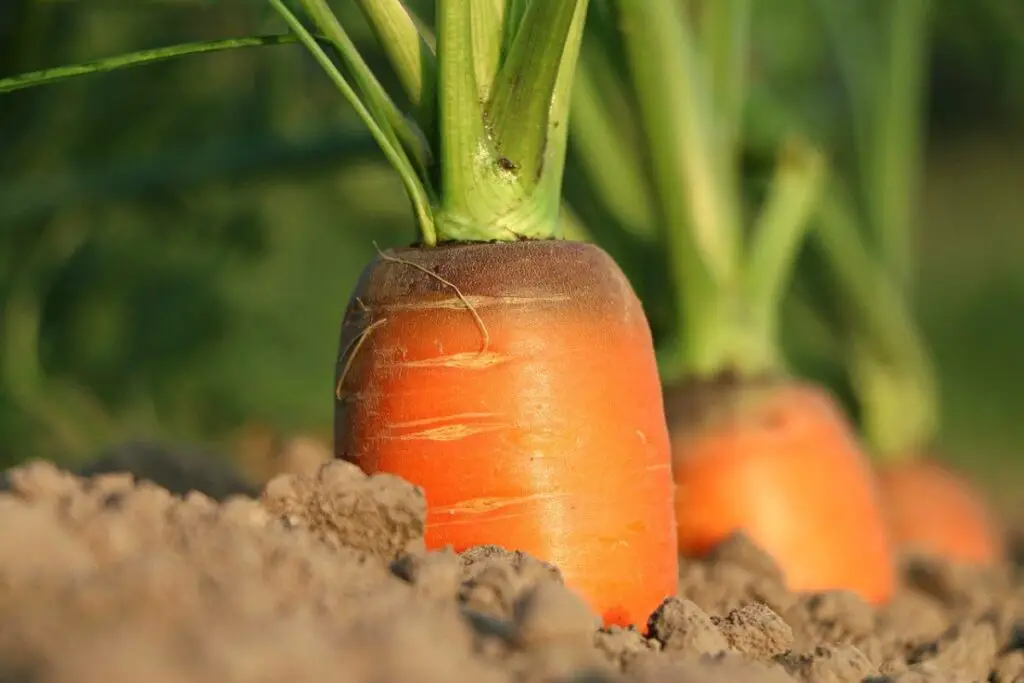
Planting Carrot Seeds
Timing is key when it comes to planting carrot seeds in Florida. Carrots are a cool-season crop, and in Florida, it’s best to plant them in the fall or winter when temperatures are cooler. This will give your carrots a better chance of developing properly, as the intense heat of summer can hinder their growth.
Proper seed spacing is vital for healthy carrot plants. Carrot seeds are tiny, so it’s important to sow them thinly and space them adequately. This will prevent overcrowding and competition for nutrients, allowing each plant to develop a strong root system and produce high-quality carrots.
When planting carrot seeds, pay attention to their depth in the soil. Carrot seeds should be sown at a depth of about 1/4 to 1/2 inch. Planting them too deep may cause germination issues, while planting them too shallow can lead to poor root development. A consistent and appropriate seed depth will promote successful germination and help your carrots establish strong roots.
Providing Adequate Water
Proper watering is essential for healthy carrot growth in Florida’s climate. Establishing a regular watering schedule is key to ensuring your carrots receive enough moisture without becoming waterlogged. Aim to water deeply but infrequently to encourage the development of strong and healthy root systems.
To deep water your carrots effectively, allow the soil to dry out slightly between watering sessions. When you water, provide enough moisture to penetrate deep into the soil, reaching the root zone. This will encourage the carrots’ roots to grow deeper, making them more resilient to Florida’s fluctuating weather conditions.
Mulching your carrot beds can help retain moisture in the soil. Covering the soil around your plants with a layer of organic mulch, such as straw or leaf litter, will reduce evaporation and keep the soil consistently moist. Mulching also helps suppress weed growth, providing additional benefits to your carrot crop.
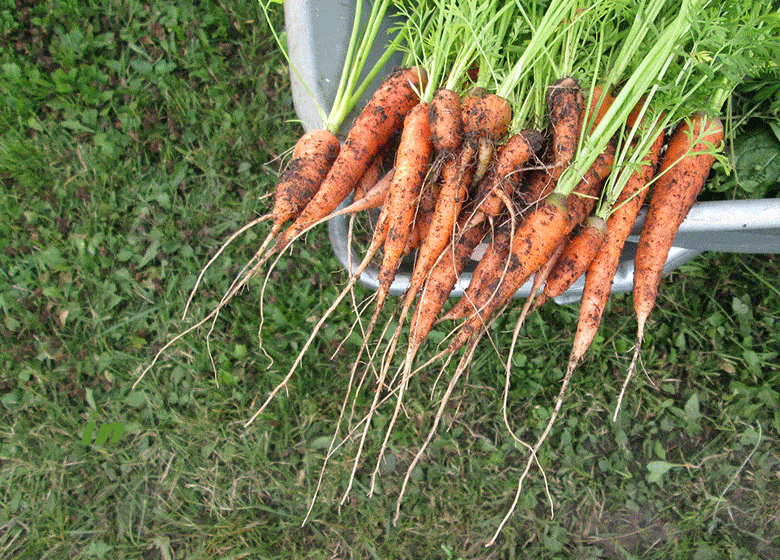
Managing Sun Exposure
Understanding the sun exposure requirements for growing carrots in Florida is crucial for their successful cultivation. Carrots generally prefer full sun, which means they need at least six to eight hours of direct sunlight per day. However, in Florida’s intense heat, providing some shade for your carrot plants can be beneficial.
Partial shade can help moderate the temperature around your carrots and prevent them from becoming overheated. Consider utilizing shade cloth or strategically planting your carrots next to taller crops or structures that can provide some shade during the hottest parts of the day. Finding the right balance of sun and shade will help your carrots thrive in Florida’s challenging climate.
In extreme heat, it’s essential to protect your carrot plants from the scorching sun. Consider using shade cloth or constructing temporary sun shelters to shield your carrots from excessive heat and sun exposure. This will prevent wilting and potential damage to your crop, ensuring the best possible growing conditions for your carrots.
Fertilizing Carrots
Proper fertilization is crucial to provide essential nutrients for healthy carrot growth. In Florida, compost or well-aged manure can be excellent organic options to enrich the soil. These natural fertilizers enhance soil fertility, improve its structure, and promote overall plant health.
Additionally, applying a balanced fertilizer specifically formulated for vegetable gardens can bolster your carrot crop’s nutrient intake. Look for a fertilizer with equal amounts of nitrogen, phosphorus, and potassium (NPK) to provide a well-rounded blend of nutrients. Follow the instructions on the fertilizer packaging for proper application rates and timing.
While fertilization is important, it’s crucial to avoid excessive nitrogen. Carrots require a balanced nutrient profile, and too much nitrogen can promote excessive leaf growth at the expense of root development. This can result in carrots with poor flavor and texture. Be mindful of the amount of nitrogen you provide and opt for balanced fertilizers to support the overall health and productivity of your carrot plants.
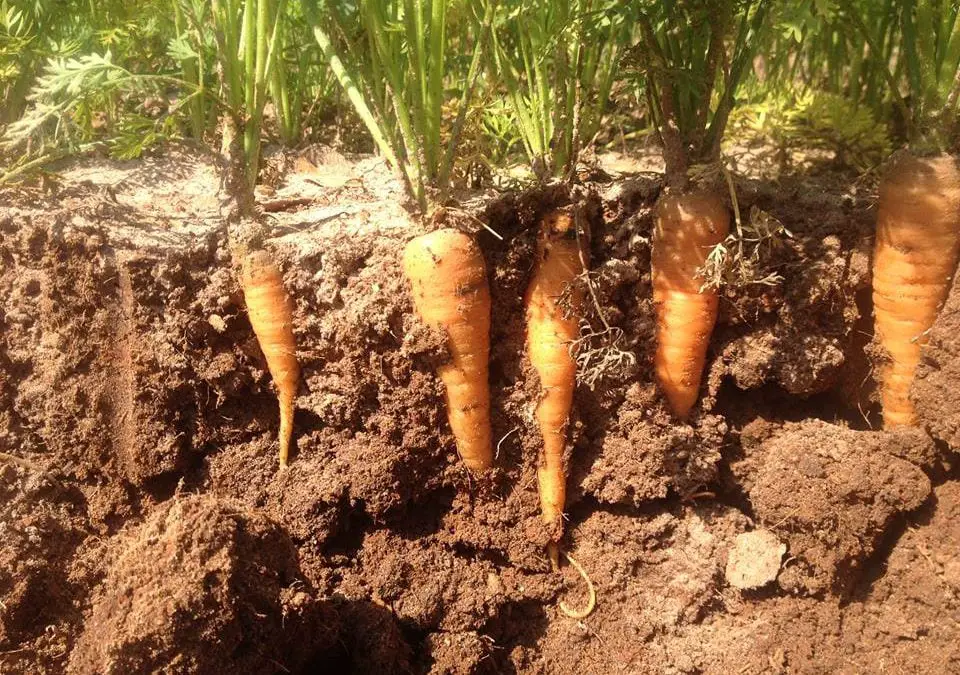
Controlling Weeds
Keeping weeds under control is essential for the successful growth of carrots in Florida. Weeds compete with carrots for nutrients, water, and sunlight, which can hinder their growth and yield. Implementing effective weed control measures will help keep your carrot beds weed-free and ensure optimal conditions for your crop.
Mulching is an effective technique to suppress weed growth in your carrot beds. Apply a layer of organic mulch, such as straw or wood chips, around your plants to smother weeds and prevent them from germinating. Mulching also conserves soil moisture and helps maintain a more stable soil temperature.
Hand weeding is another precise and effective method to control weeds around your carrots. Regularly inspect your beds and remove any weeds that may have emerged. Be cautious when pulling weeds to avoid damaging the delicate carrot roots. Hand weeding ensures that weeds are removed without causing harm to your carrot plants, promoting their healthy growth.
When using herbicides to control weeds, exercise caution and follow the instructions on the product label. Select herbicides that specifically target the weed species you need to eliminate while being safe for use near edible crops like carrots. Use herbicides sparingly and carefully, with a focus on precision to minimize the potential impact on your carrot plants.
Preventing Pests
Protecting your carrot plants from pests is an important aspect of successful carrot cultivation in Florida. Instead of relying on chemical pesticides, consider natural pest control methods to minimize the use of harmful chemicals in your garden.
One effective pest prevention technique is companion planting. Some plants naturally repel pests or attract beneficial insects that prey on pests. For example, planting marigolds or onions near your carrot beds can help deter pests like nematodes and aphids. Research companion planting options for carrots in Florida to find suitable companion plants for pest prevention.
Root knot nematodes can be particularly troublesome for carrot crops in Florida. To protect your carrots from these pests, consider planting them in raised beds filled with a well-draining soil mixture. This will create a physical barrier between the roots and the nematodes in the native soil, reducing their impact on your carrot plants.
Regularly monitoring your carrot plants for signs of pest damage is crucial. Look out for chewed leaves, wilting, or other symptoms of pest infestations. Early detection allows for prompt intervention and helps prevent pests from causing significant damage to your carrot crop.
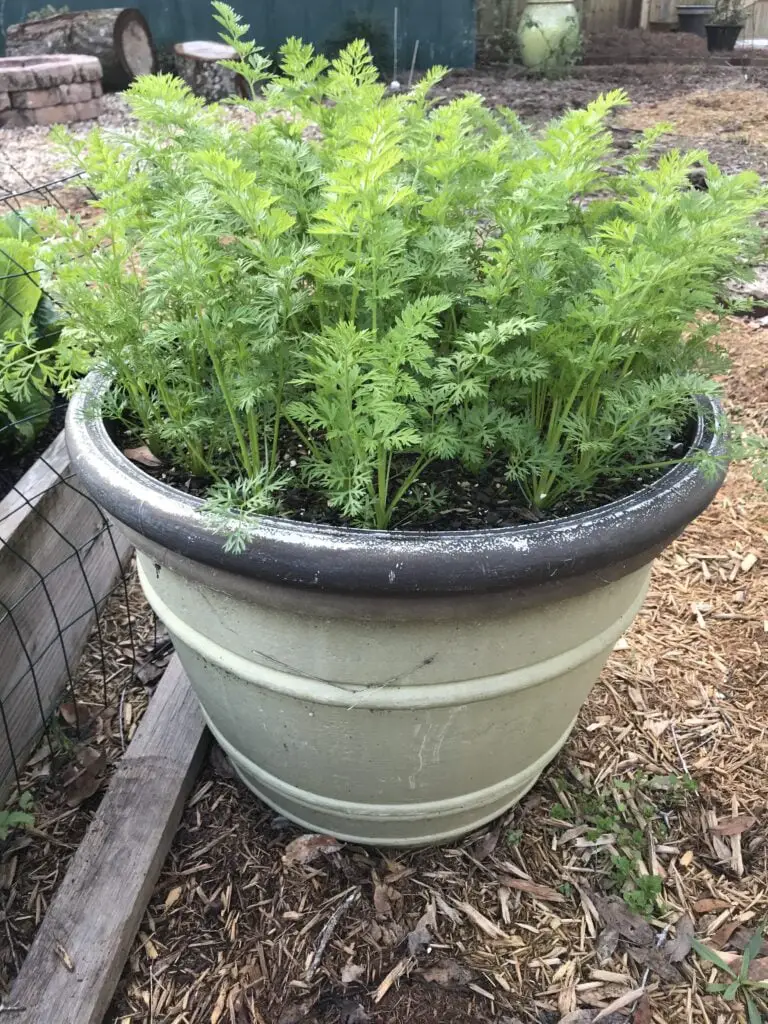
Recognizing Carrot Diseases
Being able to identify common carrot diseases is essential to prevent and manage any potential issues in your Florida garden. Some common carrot diseases in Florida include fungal infections like leaf blight, root rot, and powdery mildew. Identifying these diseases early on can help you take appropriate measures to prevent their spread.
Practicing crop rotation is a valuable disease prevention strategy for growing carrots in Florida. Carrots should be rotated with non-related crops to minimize the risk of disease recurrence. Avoid planting carrots in the same area or close proximity year after year, as this can lead to the buildup of soil-borne pathogens that affect carrot health.
Implementing disease-prevention strategies such as proper sanitation and good cultural practices is crucial. This includes removing any diseased plants promptly, properly disposing of them, and maintaining clean gardening tools. Avoid overhead watering as it can promote the spread of fungal diseases. By following these practices, you can greatly reduce the risk of carrot diseases and ensure healthier plants.
Harvesting Carrots
Knowing when to harvest your carrots is essential to ensure optimal flavor and texture. Carrots are typically ready for harvest when they have reached their mature size, but still have a vibrant orange color. In Florida, where the weather can be unpredictable, it’s important to keep a close eye on your carrots to determine the proper harvest time.
Before harvesting your carrots, it’s advisable to gently loosen the soil around them using a garden fork or trowel. This will make it easier to remove the carrots from the ground without breaking or damaging them. Be careful not to damage the fragile roots while loosening the soil.
To harvest your carrots, grasp the green tops near the soil line and gently pull upward. If the greens easily detach from the root, your carrots are ready to be harvested. If there is resistance, give them some more time to mature. Harvesting your carrots at the right time will ensure the best flavor and texture.
Gently remove the harvested carrots from the ground and trim off the greens, leaving a small portion of the stem intact. Removing the greens helps prolong the shelf life of your harvested carrots. Store your harvested carrots in a cool and dry place, such as a root cellar or refrigerator, to maintain their freshness and quality for an extended period.
By following these comprehensive tips, you’ll be well-equipped to successfully grow carrots in Florida’s challenging climate. From choosing the right varieties to understanding proper watering and harvesting techniques, you’ll have the knowledge and tools to cultivate a bountiful carrot crop that thrives in the Sunshine State. Happy gardening!
